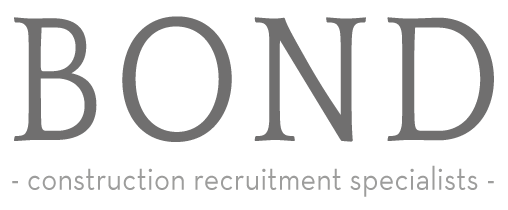
Being prepared for your next interview means a step closer to the job you want.
If you have been unsuccessful in the past, you don’t need to be hard on yourself. Let us share with you the advice we give to candidates. We do it to minimise any awkward situations and to make sure that no mistakes start to creep in.
Our advice is to help with clarity and focus on the credentials of others.
Russell Drinkwater, Director, points out his must-haves that have always helped, “It pays dividends with some prep and knowing what to do by being focused. To start with, become familiar with the full brief and what the potential role entails, this becomes your template to work with and keeps the conversation focused on the role.
“Following on from the brief, know the people you are meeting. I tell candidates the project managers and directors they are going to meet. This then tees up an opportunity to look at their profiles on LinkedIn. Also, look at their previous employment, perhaps there is a company you are familiar with, or even worked at! The reason for this is to find rapport at a very early stage. Finally, make sure you look at the company website, although it is predominantly self-promotional, you will have an idea of the working culture.’
“Putting some time aside to know the role, people and place can make a huge difference to a candidate and make the right impression.”
When you work with a recruiter, it’s also an opportunity for guidance to come to you. Advice and direction come from references. Jack Bond, Director, explains, “What has always helped me to prepare candidates is the ability to dig beneath the weeds. I have always been an advocate of references. What this helps to do is shape a profile of a candidate. This helps focus on the character traits and where strengths and weaknesses are. References provide evidence. For instance, you can be clear on specific achievements in your career, your experience and how you approach tasks and responsibilities.”
“The ability to reflect on what you have achieved provides clarity and does go a long way. Particularly if you approach with a conversational feel to your interview, rather than waiting for a question to be asked.”
For the trades and labour team, the approach is slightly different but advice before starting a job is always in hand. Jason Drinkwater, Director, says ‘For manual teams, what people do is measured, rather than their presence for an interview. For instance, if a carpenter is scheduled to work on a job, they need to have with them the right tools. “
“It might seem obvious, but clarity from the brief is integral for both the candidate and client. Someone could be working a site and the job spec highlights ‘a number of doors to hang.’ It helps to know how many doors to hang or the type of doors, it could be a fire door? My must-have advice before starting a job is to be clear on the specifics of the role before the day starts.”
Let’s round-up with our seven tips for interview advice (before the interview):
Must Do Interview Advice pointers:
- Know the brief
- Know the people you are meeting (look at their LinkedIn profiles and previous jobs)
- Familiarise yourself with the company (LinkedIn and website)
- Know you achievements and experience (that are specific to the role)
- Be clear on your character traits that make you who you are
- First impressions matter to everyone you meet
- A positive attitude will be your best ally
It doesn’t matter what level you are at, the interview build-up and preparation are about reaffirming that you are the right person for the role and making the right impression.
Putting some time aside can give you the focus you need and the ability to look at what you have achieved and the capabilities and skillsets you have.
